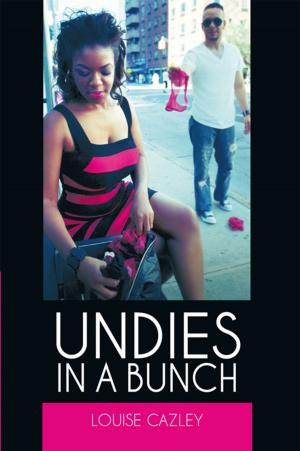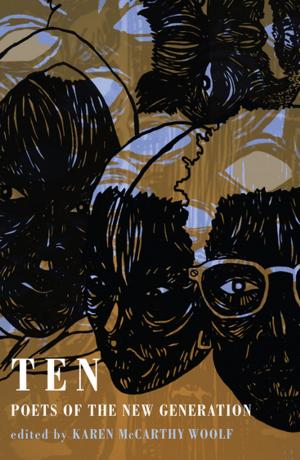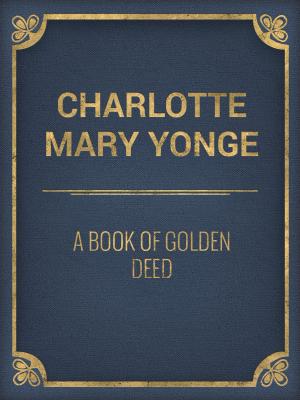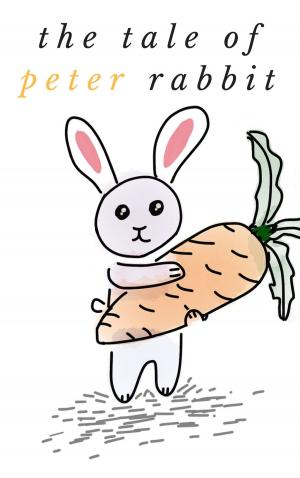| Author: | Stephens Gerard Malone | ISBN: | 9781466056978 |
| Publisher: | Stephens Gerard Malone | Publication: | September 20, 2011 |
| Imprint: | Smashwords Edition | Language: | English |
| Author: | Stephens Gerard Malone |
| ISBN: | 9781466056978 |
| Publisher: | Stephens Gerard Malone |
| Publication: | September 20, 2011 |
| Imprint: | Smashwords Edition |
| Language: | English |
It’s summer, 1963, and Early and Toby dream of building an opera house in Africville, a black community struggling with poverty and illiteracy tethered to the north shore of Halifax, considered by many, a festering sore. But to simple-minded Early Okander, brightly painted houses sprinkled haphazardly across train tracks, it’s poetry. He and Toby enjoy idyllic days rafting on Bedford Basin, dreaming of blueberry pancakes, and scavenging for church doors in the nearby dump with Penny, the kid from up the hill who’s bobbed her hair and reinvented herself into Chub.
Both Early and Chub find refuge from abuse and intolerance around the kitchen table of Toby’s grandpa Aubrey—the interracial friendships much to the disapproval of Mrs. Aada Dupuis, Aubrey’s neighbour hell bent on making him husband number three. Safe and warm in this dilapidated house, the 1917 explosion and Aubrey’s war experiences are relived, along with the struggles of Toby’s parents and Aubrey’s long infatuation with Portia White, the Canadian opera star he believes will rescue the community. Only Mrs. Aada appreciates just how numbered their days in Africville are.
As Toby’s health fails and Early’s tormenting and reckless father evades the police, the city’s bulldozers begin levelling Africville house by house, its residents carted off in the back of garbage trucks. Aubrey steadfastly clings to hope until Chub discovers that her family is instrumental in the expulsion, and her rebellion leads to a simple act of kindness with tragic consequences.
Gone since 1970, Africville was a community of almost 400 people for over 150 years. To this day, its demise haunts Canada as one of the most notorious cases of government sanctioned racial discrimination.
It’s summer, 1963, and Early and Toby dream of building an opera house in Africville, a black community struggling with poverty and illiteracy tethered to the north shore of Halifax, considered by many, a festering sore. But to simple-minded Early Okander, brightly painted houses sprinkled haphazardly across train tracks, it’s poetry. He and Toby enjoy idyllic days rafting on Bedford Basin, dreaming of blueberry pancakes, and scavenging for church doors in the nearby dump with Penny, the kid from up the hill who’s bobbed her hair and reinvented herself into Chub.
Both Early and Chub find refuge from abuse and intolerance around the kitchen table of Toby’s grandpa Aubrey—the interracial friendships much to the disapproval of Mrs. Aada Dupuis, Aubrey’s neighbour hell bent on making him husband number three. Safe and warm in this dilapidated house, the 1917 explosion and Aubrey’s war experiences are relived, along with the struggles of Toby’s parents and Aubrey’s long infatuation with Portia White, the Canadian opera star he believes will rescue the community. Only Mrs. Aada appreciates just how numbered their days in Africville are.
As Toby’s health fails and Early’s tormenting and reckless father evades the police, the city’s bulldozers begin levelling Africville house by house, its residents carted off in the back of garbage trucks. Aubrey steadfastly clings to hope until Chub discovers that her family is instrumental in the expulsion, and her rebellion leads to a simple act of kindness with tragic consequences.
Gone since 1970, Africville was a community of almost 400 people for over 150 years. To this day, its demise haunts Canada as one of the most notorious cases of government sanctioned racial discrimination.















